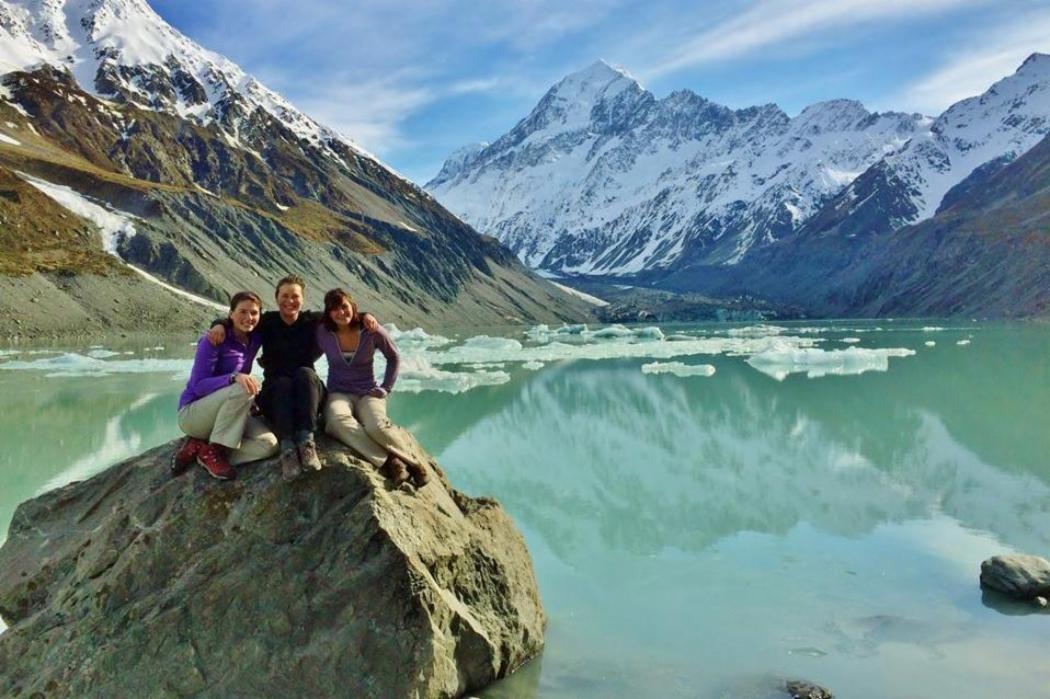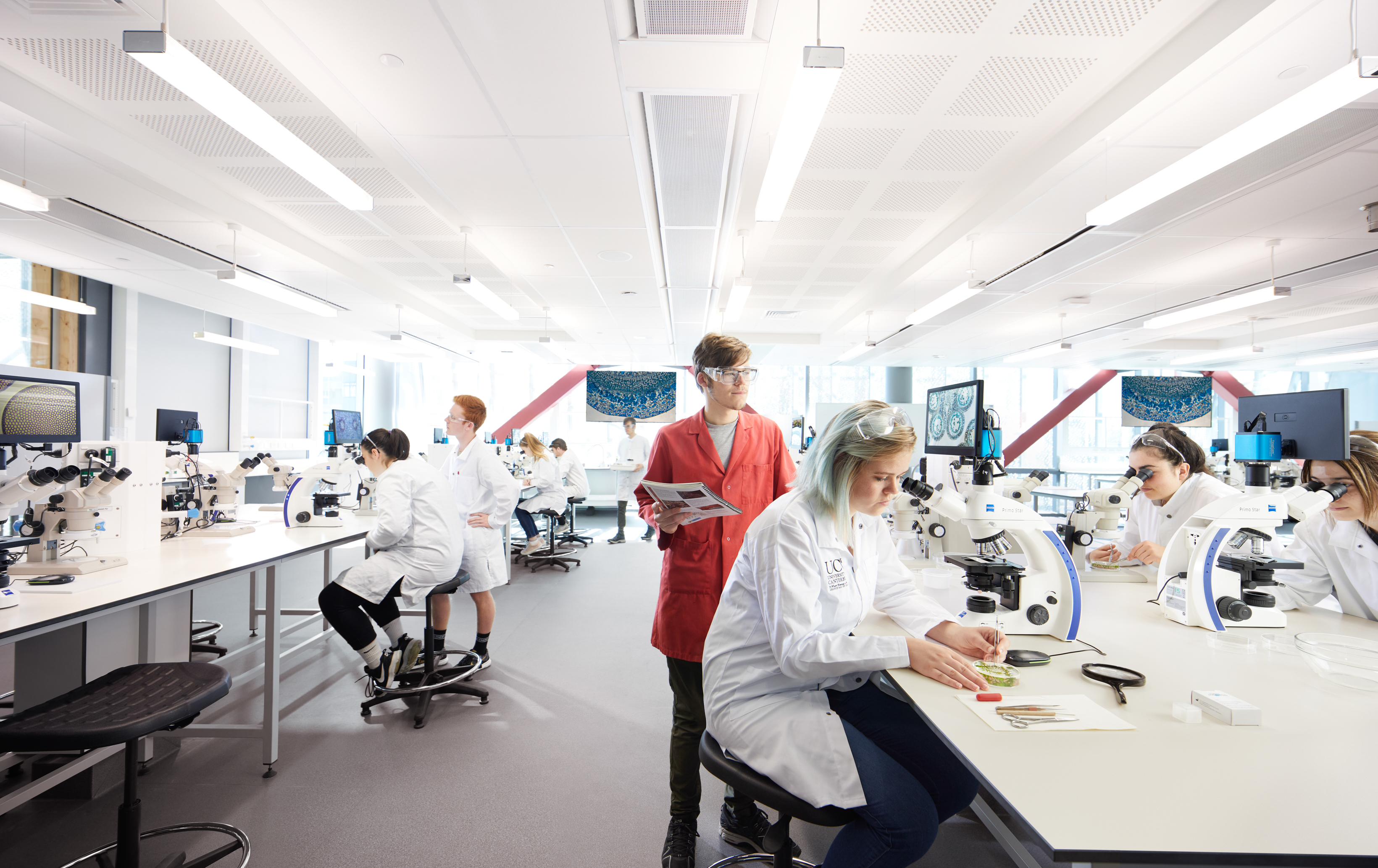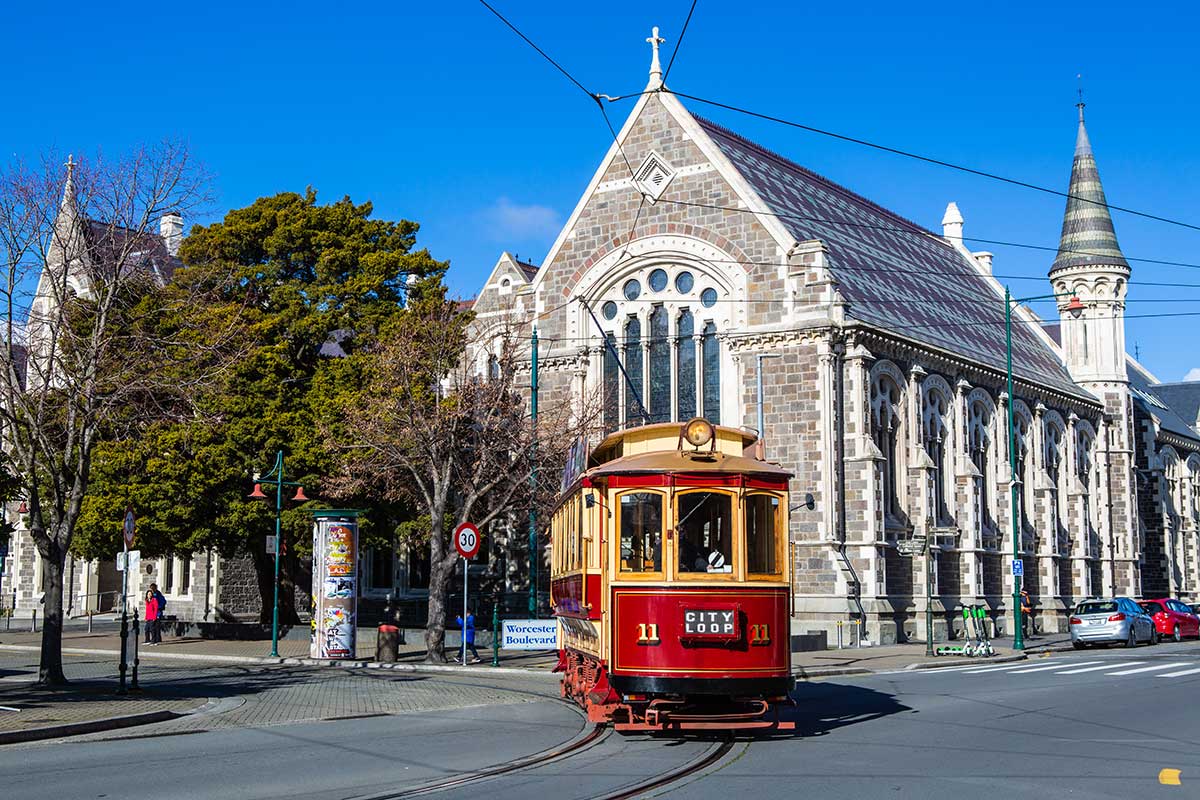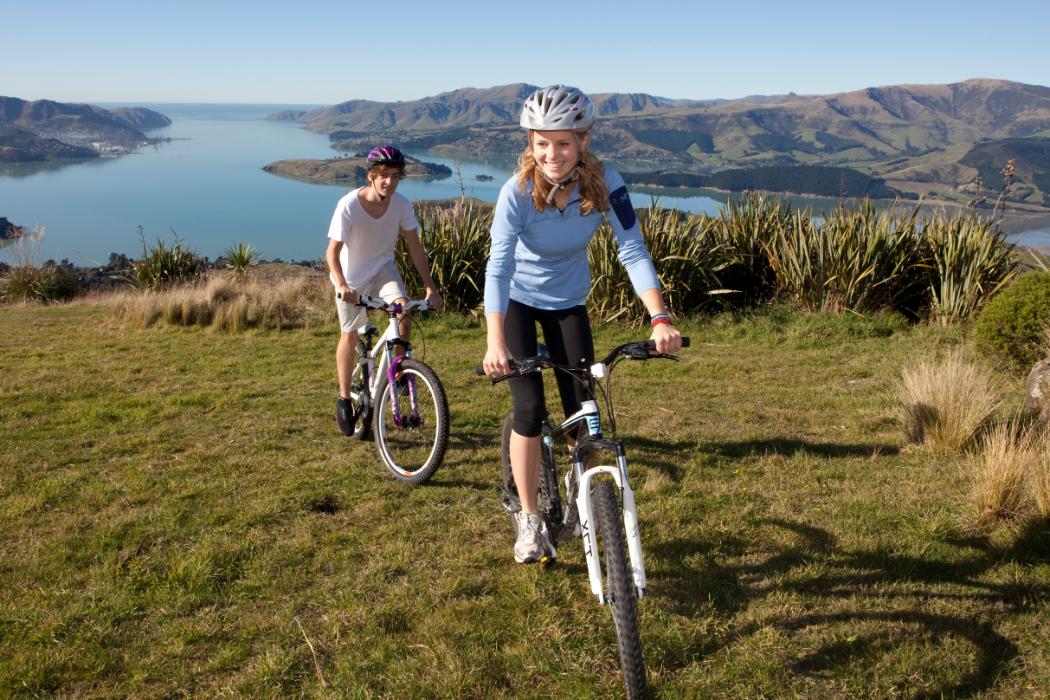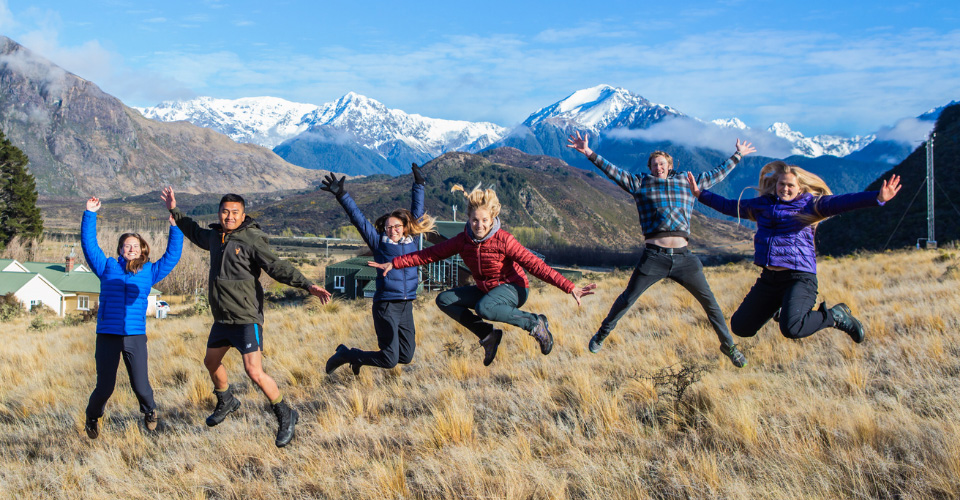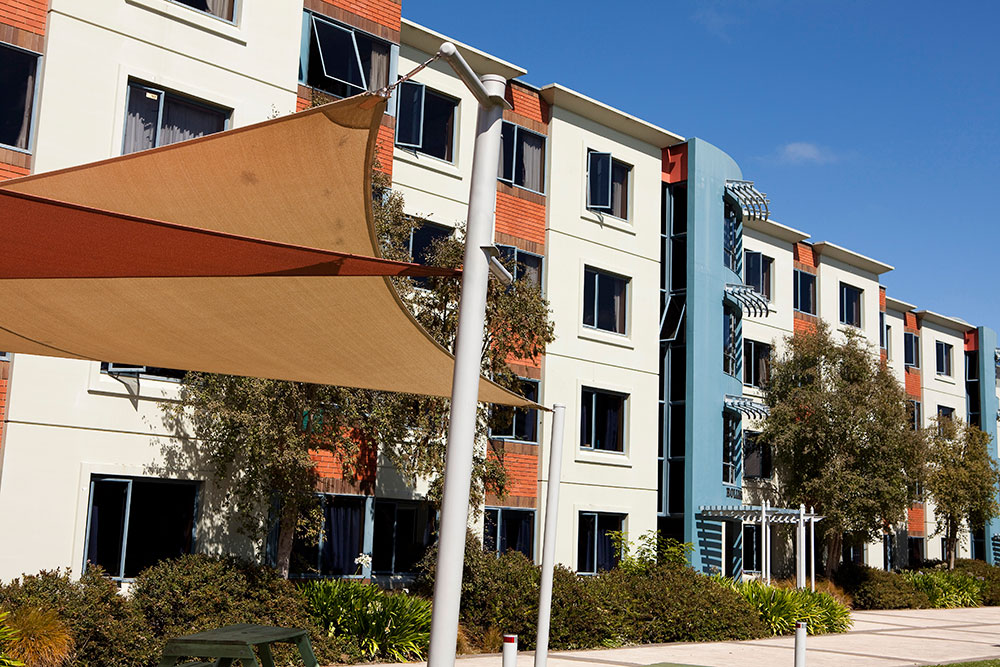This course examines how places come to have certain characteristics and how this affects the people living in them. It will look at the economic, political, population and planning dimension of places.
ENVR209: Environmental Science and Resource Management (S2)
This course explores the debates and issues in environmental science and resource management using the core theme of agriculture and the environment. There is an emphasis on developing solutions to environmental issues.
The course takes a quantitative approach to environmental issues, teaching students to make informed decisions based on biophysical data integrated with policies and practices of management in the global and New Zealand context. Tikanga Māori aspects of agriculture and the environment will be covered.
The primary aim is for students to be provided with the skills they need to complete a research project from start to finish. This includes background concepts, hypothesis, planning what is required (including the skills they will need, fieldwork required, etc.), and executing the plan (i.e. undertaking the fieldwork), and writing up the results. The field skills gained are very important for future field-based roles.
Centred around a 4 day field trip with the development of a project from idea, investigation and write up. The field trip takes place at Cass Field Station near Arthur’s Pass National Park at the base of the Southern Alps (Kā Tiritiri o te Moana).
Cass mountain research area is an hour and a half’s drive from Christchurch, consisting of 1775 ha of mountain land with a wide range of environments including montane grasslands, scrub, riverbed, scree, beech forest, swamp, bog, lake, stream and alpine habitats which can all be reached by day trips on foot.
The primary goal of this course is to develop a students' ability to undertake research that supports resilient environments and communities.
The course takes a novel approach being based on a combination of problem-based and service learning in which students learn by being engaged in the research process working with a community partner.
The projects that groups undertake are intended to contribute towards practical outcomes for community partners such as the Avon-Otākaro Network, Trees for Canterbury, Environment Canterbury, and residents’ associations from different parts of the city.
The course includes a field trip to Living Springs for a workshop and an end of course conference, which is based in Banks Peninsula on 420ha of native bush.
(Frontiers Abroad students only)
This course links field modules and/or data collection with instruction in research methods and tutorials dedicated to working in research teams analyzing, processing and interpreting data.
As part of this course, students conduct their own independent research component as part of a larger team research project. At the end of the course students will have completed a series of learning objectives, written a short journal-article style paper, and delivered a professional research presentation.
Includes a 5 day field trip to collect research data.
This course explores the contemporary and pressing issue of urban development, in a context where urbanisation globally is rapidly rising and increasing numbers of cities, both large and small, are subject to acute as well as long term stressors, such as traffic and pollution problems, social pressures, environmental hazards and climate change emergency.
It includes a focus on the growing need for cities to be resilient to the many challenges, and problematizes the concept of ‘resilience’, exploring its meaning, political context, its relation to place and a discussion of how community and governance processes are key to resilience in place.
Includes a practical and applied element, with research carried out in teams in Christchurch to give practical effect to theory, reading and discussion. This practical element is carried out in collaboration with local community organisations.
Christchurch currently exhibits a number of ecological restoration and urban regeneration opportunities, which can be tackled in alignment with climate change adaptation, with focus on socio-ecological resilience – making it a great study site.
This course allows Geography students to apply their discipline specific skills within business, government, industry and non-profit organisations while gaining work-related experience.
